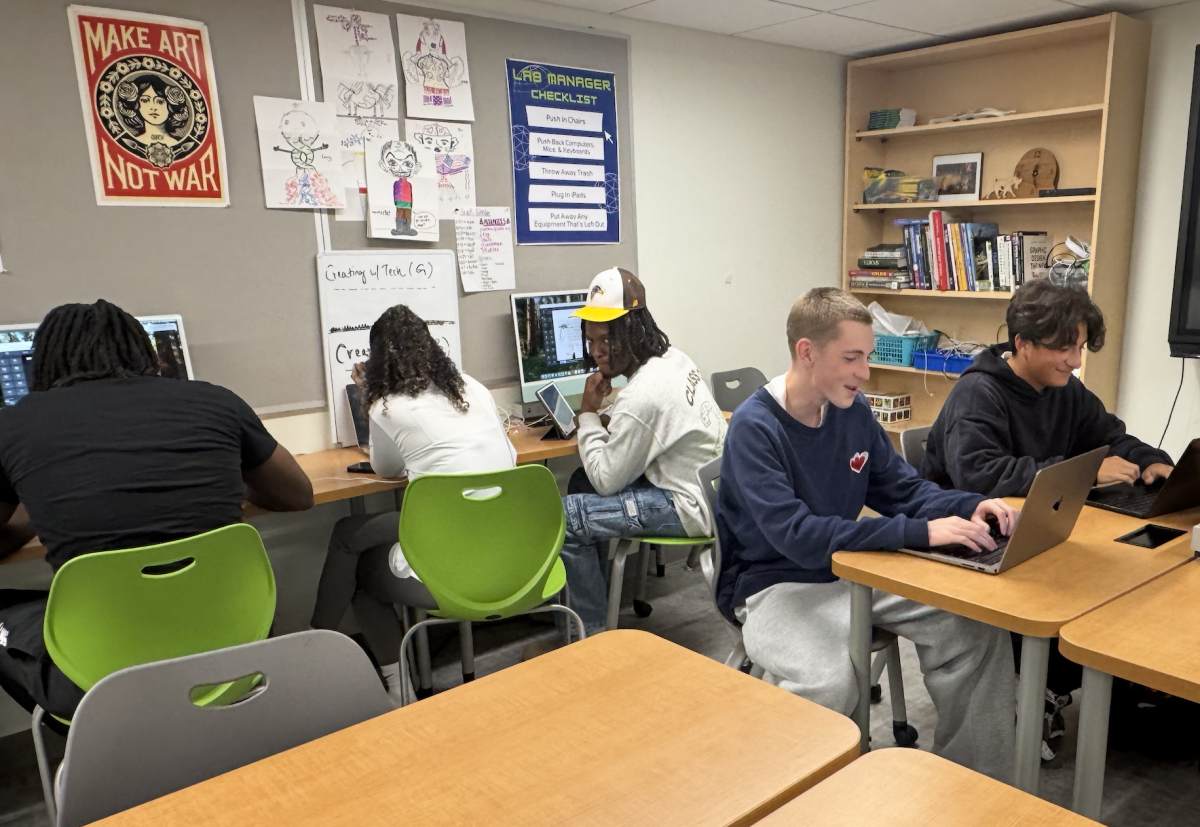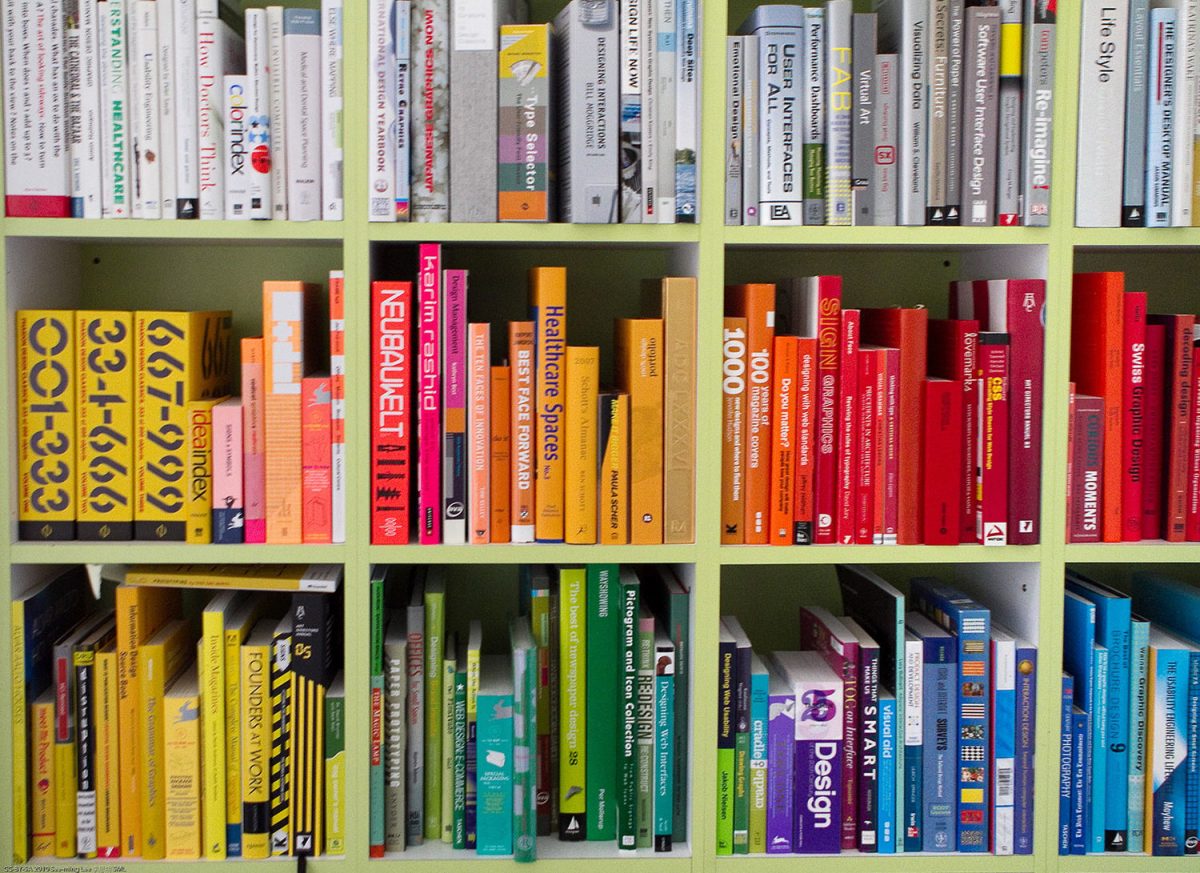Over 10,000 books were banned in the 2023- 2024 school year alone. This is going to impact students more than anyone else. Will this new normal change education forever?
Book banning is the practice in which the books available to students either through class or library access is withdrawn from their educational scope. School book bans are described as being any challenge made by parents, administration, political figures, or a community against a book that results in that book being no longer accessible to students. There are a variety of ways this can happen without the book being completely inaccessible, such as age restrictions being added to certain books after they have already been available for all students and certain books requiring parental permission. In some cases, schools will take books off the shelves and place them under “review,” but the book never returns. In most states, these bans are driven by either a specific school district or parents who want to be in control of what their children consume.
The reason most schools, school districts, parents, or administrators ban/challenge a book is because they think they are benefiting the students by censoring what is available to them in their classrooms and libraries. English Department Chair Miriam Rock said, “People are outlawing books because they are afraid of the power of them.” She continues, “I think one of the worst things we can do as educators is not to prepare kids for the real world,” so by not exploring these hard-to-talk-about topics in our schools, then when will our children ever learn?
Two hundred twenty public school districts have been affected by this in some way. Over the last few years, the subject matter of the banned books has changed. In 2022, it is recorded that books that included violence and physical abuse were the most banned books, at 44%. Though sometimes these instances may only take up a page or two of the book, in other situations, the entire book and, in some cases, the author is targeted. Recently, new reports show that there has been a rise in BIPOC and LGBTQ+ books being banned. In 2023, 4,240 unique book titles were challenged by schools and school districts all across the country. According to the American Library Association (ALA), this new number “tops the previous high from 2022, when 2,571 unique titles were targeted for censorship. Titles representing the voices and lived experiences of LGBTQIA+ and BIPOC individuals made up 47% of those targeted in censorship attempts.”
Not only do these challenges or bans affect students in the classroom, but they also affect school libraries and librarians all over the country. According to Friends Select’s librarian, Maureen Chilinskas, these problems have increased, affecting students’ school communities as well as authors. Maureen speaks about how books are getting challenged differently in more recent years. She said that instead of a book being challenged by one person, they are now being challenged by groups of people who are not reading the books but instead obtaining lists of books that are circulating to be banned. She adds that most of these books have LGBTQ or race themes.
Furthermore, it brings up what banning these specific books does to authors. She said, “They [authors] take so much time and put their heart into writing a book…So it can be really hard.” she explains that authors can feel like their freedom to share their experiences is ripped from them. Maureen also said that educating students and communities about these challenges and how to combat them, as well as making them aware of how detrimental they are, is an important way to help stop bans and challenges.
The truth is, this is happening in our country right now, and at the moment, the best thing we can do is be alert and try our best to make sure everyone feels like they are being seen and heard.































